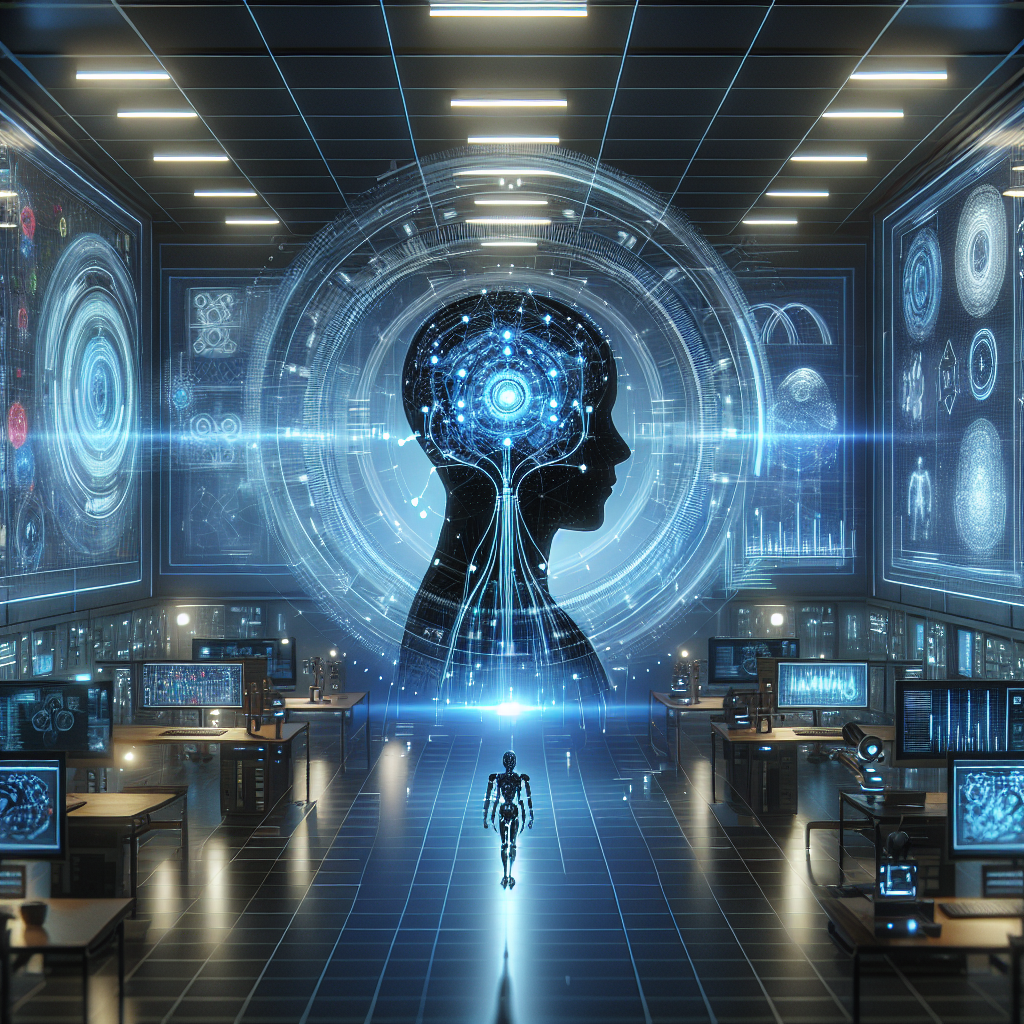Artificial General Intelligence (AGI) is the next frontier in the field of artificial intelligence. While current AI systems are able to perform specific tasks with remarkable accuracy, AGI aims to create machines that can think and learn like humans, with the ability to adapt to a wide range of tasks and environments. The potential of AGI is immense, with the ability to revolutionize industries, solve complex problems, and even surpass human intelligence in some areas. In this article, we will explore what the future holds for AGI, the challenges it faces, and the ethical implications of creating machines with human-like intelligence.
The Road to AGI
The journey towards AGI has been a long and challenging one. Early AI systems were limited to performing specific tasks, such as playing chess or recognizing images. These systems were based on rule-based algorithms and lacked the ability to generalize their knowledge to new situations. However, recent advances in machine learning and deep learning have brought us closer to creating machines that can learn from data and adapt to new tasks.
One of the key milestones in the development of AGI was the creation of AlphaGo, a program developed by DeepMind that was able to defeat the world champion Go player in 2016. AlphaGo used deep learning techniques to learn the game of Go from scratch, without any prior knowledge of the rules. This demonstrated the power of machine learning in creating intelligent systems that can outperform humans in complex tasks.
Another important development in the field of AGI is the creation of OpenAI’s GPT-3, a language model that is capable of generating human-like text based on a given prompt. GPT-3 has surpassed previous language models in terms of its ability to understand and generate natural language, leading to speculation about its potential to achieve AGI.
Challenges in Achieving AGI
Despite these advances, there are still many challenges to overcome in the quest for AGI. One of the biggest challenges is creating machines that can learn from a wide range of data sources and generalize their knowledge to new situations. Current AI systems are limited by the data they are trained on, and often struggle to adapt to new tasks or environments.
Another challenge is creating machines that can reason and understand context, which is essential for achieving human-like intelligence. While current AI systems are able to perform specific tasks with high accuracy, they lack the ability to understand the underlying concepts and make inferences based on this knowledge.
Ethical Implications of AGI
The development of AGI raises important ethical questions about the impact of intelligent machines on society. One of the biggest concerns is the potential for AGI to outperform humans in a wide range of tasks, leading to job displacement and economic disruption. This could exacerbate existing inequalities in society and create new challenges for governments and policymakers.
Another ethical concern is the potential for AGI to be used for malicious purposes, such as autonomous weapons or surveillance systems. The creation of machines with human-like intelligence raises questions about accountability and control, as these systems may be able to act independently and make decisions that could have far-reaching consequences.
FAQs
Q: Will AGI surpass human intelligence?
A: It is possible that AGI could surpass human intelligence in certain areas, such as complex calculations or pattern recognition. However, it is unlikely that AGI will possess all the qualities of human intelligence, such as creativity, emotion, and intuition.
Q: How will AGI impact society?
A: The impact of AGI on society will depend on how it is developed and deployed. If used responsibly, AGI has the potential to revolutionize industries, solve complex problems, and improve our quality of life. However, if not properly regulated, AGI could lead to job displacement, economic disruption, and ethical dilemmas.
Q: What are the ethical considerations of AGI?
A: The development of AGI raises important ethical questions about accountability, control, and the impact on society. It is essential to consider the potential risks and benefits of AGI, and to ensure that these systems are developed and deployed in a responsible and ethical manner.
In conclusion, the future of AGI holds great promise and potential, but also presents significant challenges and ethical considerations. As we continue to push the boundaries of artificial intelligence, it is important to consider the impact of AGI on society and to ensure that these systems are developed and deployed in a responsible and ethical manner. Only by working together can we harness the power of AGI to create a brighter future for all.

